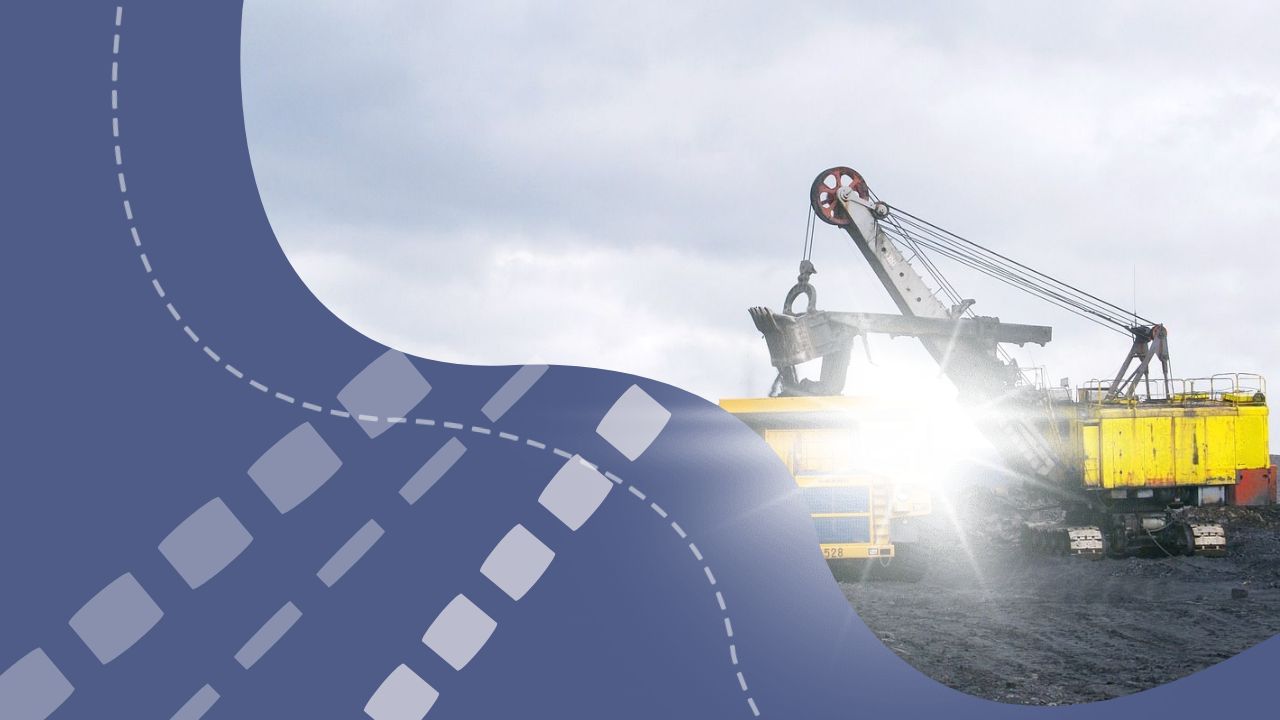BAKU, Azerbaijan, August 16. Renewable energy, particularly solar and wind power, is the most important aspect of the EBRD’s [European Bank for Reconstruction and Development] activities in Uzbekistan, a representative of EBRD, Anton Usov told Trend.
“Last year alone, the EBRD arranged two syndicated loans totaling $520 million to assist in the construction and commissioning of two wind farms with a total installed capacity of 1 GW in the Bukhara region. This landmark financing represents EBRD’s largest renewable energy project in its operational regions,” he said.
Furthemore, Usov also noted that the bank also arranged a $74 million financing package for the development, construction and operation of a new 500 MW wind farm in the Navoi region of Uzbekistan.
“It was the first project in Central Asia to use the Identiflight system, which is capable of detecting and tracking birds that are in danger of colliding with turbines. The system allows to start automatic shutdown,” he added.
According to the EBRD representative, in 2022, the EBRD and the Ministry of Economic Development and Poverty Alleviation of Uzbekistan agreed to jointly develop a national program on methane emissions.
“This project will be a key planning tool to achieve a 30 percent reduction in methane emissions by 2030 under the Global Methane Commitment (GMP). Last year, Uzbekistan became only the second country in Central Asia to join GMP,” Usov said.

